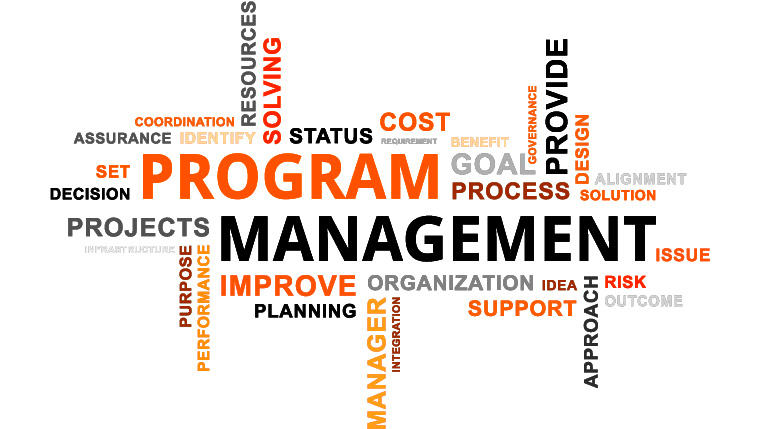Background
I am John Doe, heading a projects delivery organization. We have many years of good Program and Project Management experience and over the years we have evolved a lot of good Program and Project management practices. However we realized that our project management practices varied across projects because we did not have consistent well-defined Program and Project Management processes
As a organization we decided to formalize our Program and project Management practices into well-defined consistent processes. We defined and optimized our processes, got consensus from all key stakeholders within the organization. We recently launched our new Program and Project management processes with a lot of fanfare within our organization
We are now thinking of setting up a Program and Project Management Office (PMO) for governance and oversight of Programs and Projects running in our organization. All Project Stakeholders including Project Managers agree that PMO will need to provide the governance that is needed to manage Programs and Projects effectively.
So how do I leverage my PMO effectively?
PMO helps to operationalize formally defined processes.
While formal Project and Program Management processes provide the overall direction about how Projects within the organization need to be run and managed, PMO can help operationalize these processes by providing Standard Operating Procedures (SOPs) for processes, standardized templates for project documentation and project management tools for project planning, execution and reporting
PMO helps to kick-start and drive Process Adoption
For organizations starting new with formal processes, PMO can help to kick-start Process Adoption by conducting process training and coaching sessions, providing process guidance and clarifications for process definitions. PMO can also be responsible for conducting project reviews to identify process adoption gaps and make recommendations to bridge these gaps in a project.
Make the PMO is a visible stakeholder in every project in the organization. One way to achieve this is to define clear responsibilities of the PMO in the Project Charter and to ensure that Project Charter requires sign-off from PMO. Leveraging Program & Project Management Office (PMO) effectively Page 2 of 2 Priya Mathur, PMP
PMO facilitates common understanding and Process Alignment
PMO can be the single resource within the organization for providing information, answering queries and providing clarifications. This ensures that project stakeholders across the organization receive consistent communication and everyone is on board with common understanding
PMO drives process simplification.
Since PMO works as a consulting group that works closely with Project teams, they have a rare insight into process obstacles and bottlenecks that prevent process adoption. PMO can leverage this knowledge to drive process simplification to remove these bottlenecks to improve process maturity and efficiency
PMO can be empowered to facilitate decision making
Decision makers can assign PMO sole responsibility for providing standardized reports like projects status, project forecasts , ROI, resource capacity & utilization etc. to enable decision making. PMO then acts as a bridge of key information flow from projects to decision makers.
PMO needs to communicate with project stakeholders about how and what project information will flow into standardized reports used for decision making.
PMO needs to ensure accuracy of these reports by driving project data quality across all projects in the organization. PMO can help to drive data quality by providing project stakeholders periodic reports about process adoption and data quality.
PMO can help to identify risks that need to be addressed organizationally across projects
Project Risks and Issues often remain embedded within project documentation providing little or no opportunity for identifying common Risks and Issues across projects and addressing them as possible organizational risks or weaknesses. Since PMO has insight in Risks and Issues across projects, PMO can identify and facilitate an organizational approach for mitigation of

